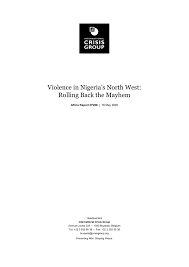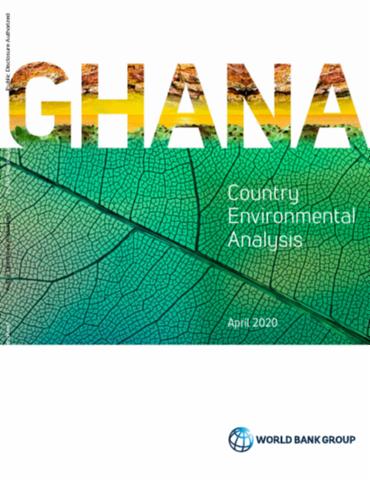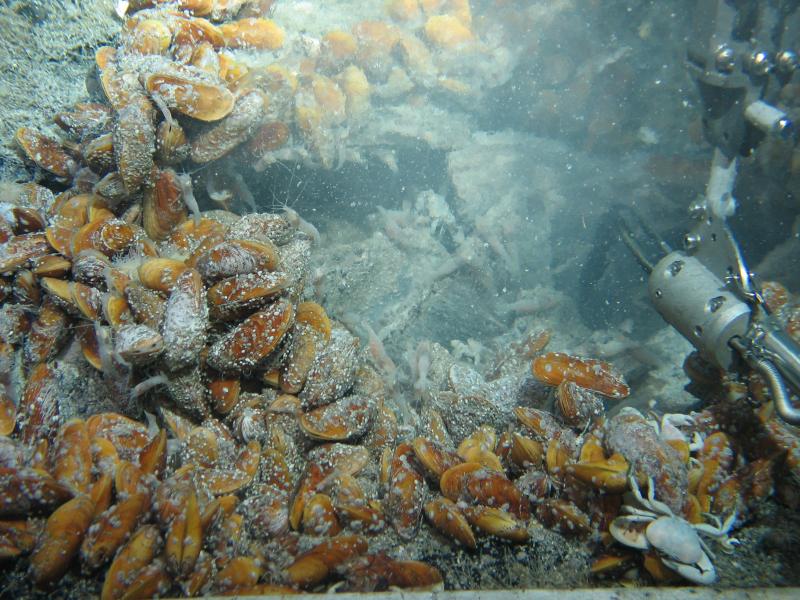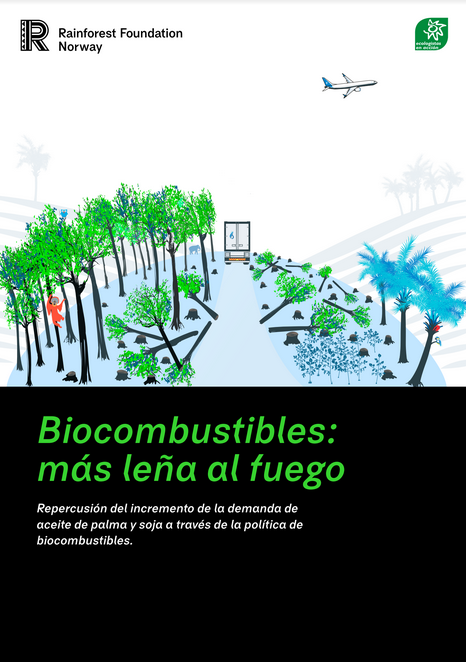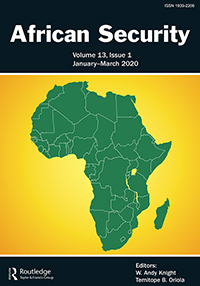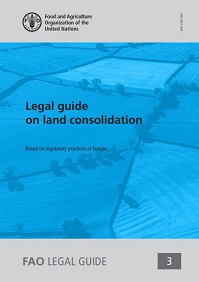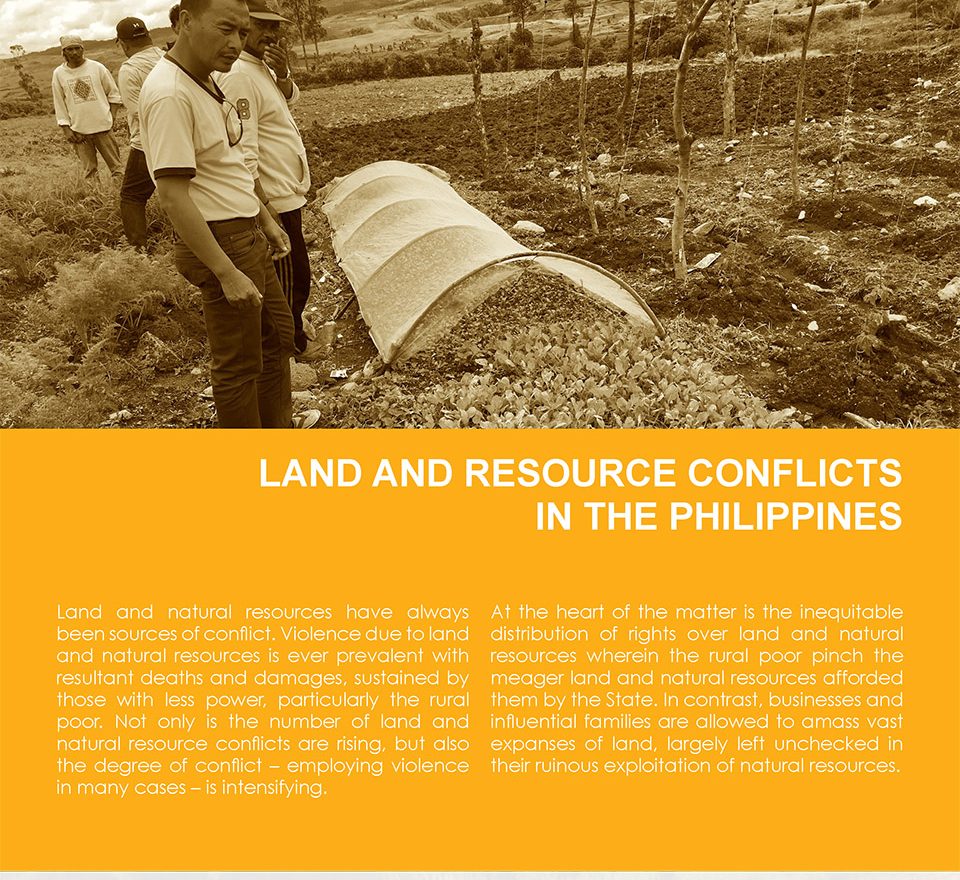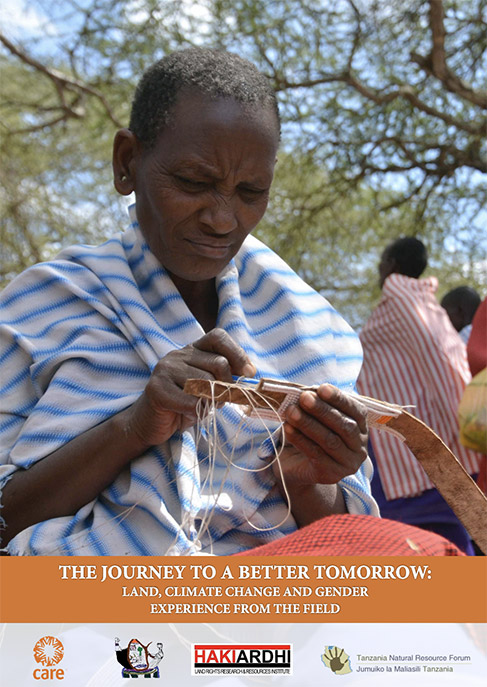Final evaluation of the project “Adaptive management and monitoring of the Maghreb’s oases systems”
The Maghreb's oases systems provide a major contribution to the region's food security, economy and natural resources. Despite this potential, oasis ecosystems are threatened by a range of complex factors related to the expansion of agricultural land and increasing scarcity of water resources. The project, implemented by FAO in Tunisia, Morocco and Mauritania from May 2016 to December 2019, brought together key stakeholders to address the lack of available information on the status of oases and to advocate on factual bases shared by all stakeholders and verifiable in the field.


